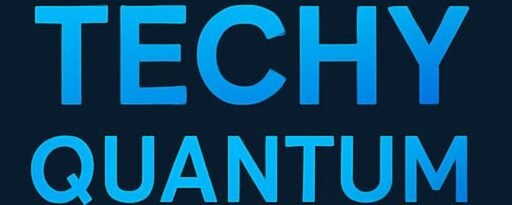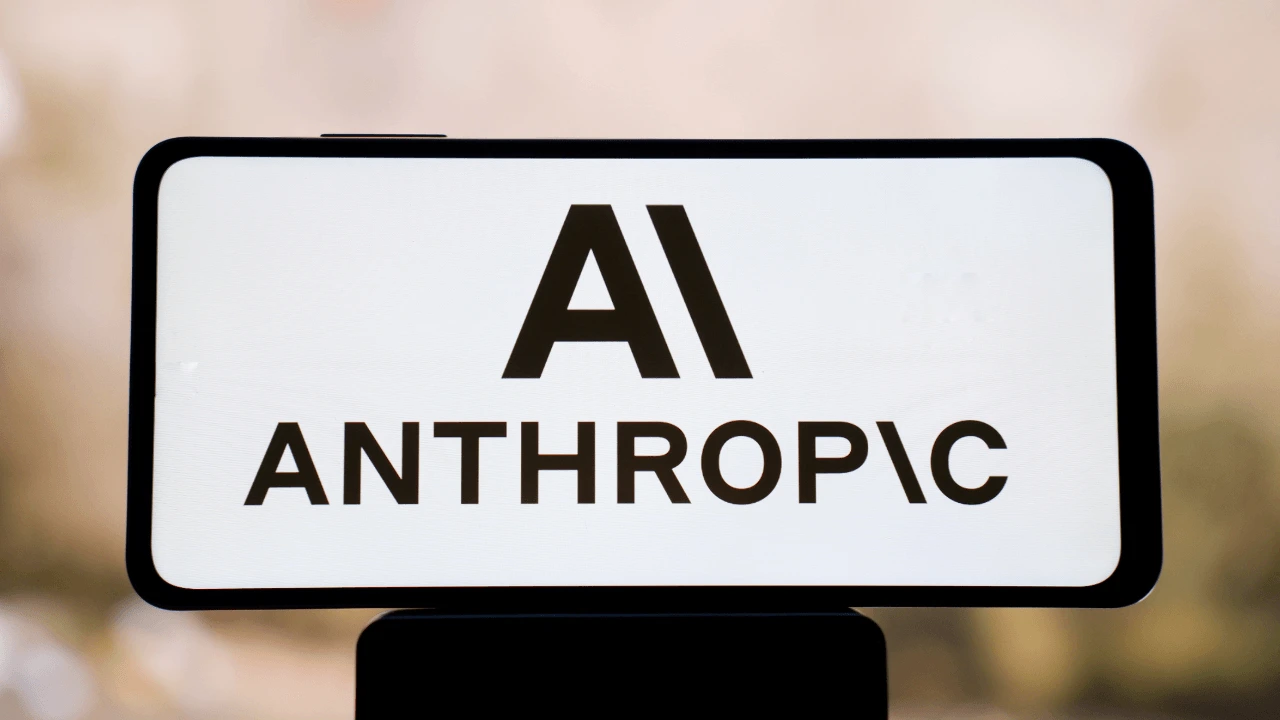The AI revolution has delivered breakthrough innovations but it has also raised difficult questions about ownership, creativity, and copyright. The recent Anthropic $1.5 billion settlement payout has shaken the technology and publishing worlds alike.
For the first time, an AI company has agreed to pay a massive sum to resolve claims that it used pirated books to train its AI chatbot, Claude. This case marks a turning point not only for authors but also for the entire AI industry.
If you’re wondering why this lawsuit matters and how it could shape the future of artificial intelligence, copyright, and creativity, you’re in the right place.
What You Will Learn in This Article
- The background and impact of the Anthropic $1.5 billion settlement payout why it is being called the largest copyright recovery in history.
- Actionable insights for authors, creators, and businesses how they can protect their work and navigate copyright in the age of AI.
- Future implications what this means for the ongoing debate around AI, intellectual property, and the legal system.
Why the Anthropic Settlement Is Making Headlines
In September 2025, Anthropic, the company behind the popular AI chatbot Claude, agreed to pay a jaw dropping $1.5 billion settlement to resolve a class action lawsuit brought by authors.
The case involved claims of AI copyright infringement, alleging that Anthropic had trained its model on pirated books without permission.
According to court filings, the lawsuit covered over 500,000 works. With an estimated payout of around $3,000 per work, it represents the largest copyright recovery ever recorded.
As one of the lawyers for the authors put it, As best as we can tell, it’s the largest copyright recovery ever. It is the first of its kind in the AI era. This statement captures the magnitude of the case.
The Anthropic authors lawsuit was not just about money it was about establishing boundaries in the rapidly evolving relationship between AI and creative industries.
Breaking Down the Anthropic $1.5 Billion Settlement Payout
The Anthropic AI copyright lawsuit centered on a core allegation, the company’s Claude chatbot was trained on pirated books, many of which were copyrighted works by living authors.
This sparked accusations of book piracy AI training, triggering legal action from novelists, non fiction writers, and the Authors Guild.
Here are the key elements of the case, About half a million works were included, making this a historic case of authors vs AI company settlement.
Compensation Structure, Payouts may average $3,000 per book, although the exact distribution will depend on court approval.
Precedent Setting: It is the first major example of authors successfully challenging an AI firm for copyright misuse.
This was not just an isolated case. Across the industry, companies like OpenAI, Meta, and Google are facing similar lawsuits.
But the Anthropic case stands out because of its record breaking payout and symbolic importance.
Lessons from Previous Copyright Battles
This lawsuit is not the first time technology companies have faced copyright backlash. Looking back at history offers valuable lessons.
Napster Case 2000s, Music industry giants sued Napster for copyright infringement, leading to the platform’s downfall. The case reshaped how digital media was distributed.
Google Books Settlement 2011 Google faced lawsuits for scanning millions of books. While controversial, it eventually reached agreements with publishers, paving the way for digital libraries.
YouTube Copyright Battles, Early legal fights with music labels forced YouTube to implement Content ID, changing how creators and copyright owners share revenue.
The Anthropic Claude lawsuit now joins this list of landmark cases, signaling a new era of AI and copyright legal battles.
For authors, the Anthropic $1.5 billion settlement payout represents a long overdue recognition of their rights.
Many writers had been raising concerns for years about their work being copied, scraped, or pirated without consent.
Validation of Rights, This case confirms that copyrighted works cannot be freely used for AI training without licensing agreements.
Monetary Relief, While $3,000 per book may not fully reflect the value of some works, it represents a meaningful acknowledgment of harm.
Future Leverage, Authors and publishers now have stronger ground to negotiate fair contracts with AI companies.
This could even encourage the creation of licensing systems similar to music royalties that allow AI developers to legally use books while ensuring authors get compensated.
The Bigger Picture AI and Copyright Infringement
The AI copyright infringement case against Anthropic is part of a much larger trend. As AI companies race to build powerful models, they need massive datasets including books, articles, and research papers.
The ethical and legal questions around how this data is obtained are only beginning to be addressed. Experts warn that without clear rules, the industry risks a flood of lawsuits.
Consider these points, Many companies do not fully disclose what data they use. As seen in this lawsuit, pirated content often slips into training datasets.
Legal Precedent, With this case, courts have signaled that copyright law does apply to AI, even if the technology is new.
The Claude chatbot lawsuit settlement highlights the urgent need for stronger guidelines, both legally and ethically, in the AI sector.
Actionable Insights for Creators and Businesses
If you’re a creator, business owner, or tech professional, here’s what you can do to navigate this evolving landscape, Register your works with copyright offices to strengthen your legal position.
Join professional associations like the Authors Guild for collective bargaining power. Monitor whether your works appear in AI datasets new tools are emerging for this purpose.
Ensure that your AI providers are transparent about their data sources. Consider negotiating licensing agreements with content creators to avoid legal risks. Stay updated on evolving copyright laws related to AI.
Develop frameworks for authors copyright recovery and fair licensing. Balance innovation with intellectual property protection. Encourage industry standards for data transparency and ethical AI training.
The Music Industry Parallel, Just as Spotify created a model where artists get royalties for streams, AI may need similar frameworks for training data.
Publishing Industry Impact, Publishers may start offering AI training licenses to monetize their catalogs. Tech Industry Risks, If companies ignore copyright, they risk not only lawsuits but also reputational damage.
These scenarios show how the settlement for pirated books lawsuit could reshape entire industries.
Several experts have weighed in on the case, Justin Nelson Authors’ Lawyer, This is the largest copyright recovery ever.
It sets a precedent for how AI companies must operate. AI Ethics Scholars, Many argue that this is just the beginning of a broader reckoning for AI firms.
Publishing Industry Analysts, Some predict that future AI models may cost billions more to develop because licensing agreements will become mandatory.
Future of AI and Copyright
The authors vs AI company settlement with Anthropic has raised a critical question: Can AI thrive without exploiting human creativity?
Looking ahead, we can expect, More AI copyright lawsuits in 2025 and beyond. Development of formal licensing markets for books, music, and art. Stricter regulations on how training data is sourced.
Ultimately, the case is not about stopping AI it’s about ensuring that human creators are fairly compensated and respected.
The Anthropic $1.5 billion settlement payout is more than a financial transaction it is a cultural and legal milestone.
It signals to the world that creativity matters, authors’ rights matter, and that the law will adapt to hold AI companies accountable.
For authors, this is a moment of validation. For AI companies, it is a warning: innovation cannot come at the expense of fair use and copyright protection.
And for society, it is a reminder that we must balance progress with respect for human creativity.
What do you think? Should AI companies be required to pay for every piece of copyrighted work they use?
Share your thoughts in the comments, and don’t forget to subscribe for more updates on AI, technology, and the future of creativity.

